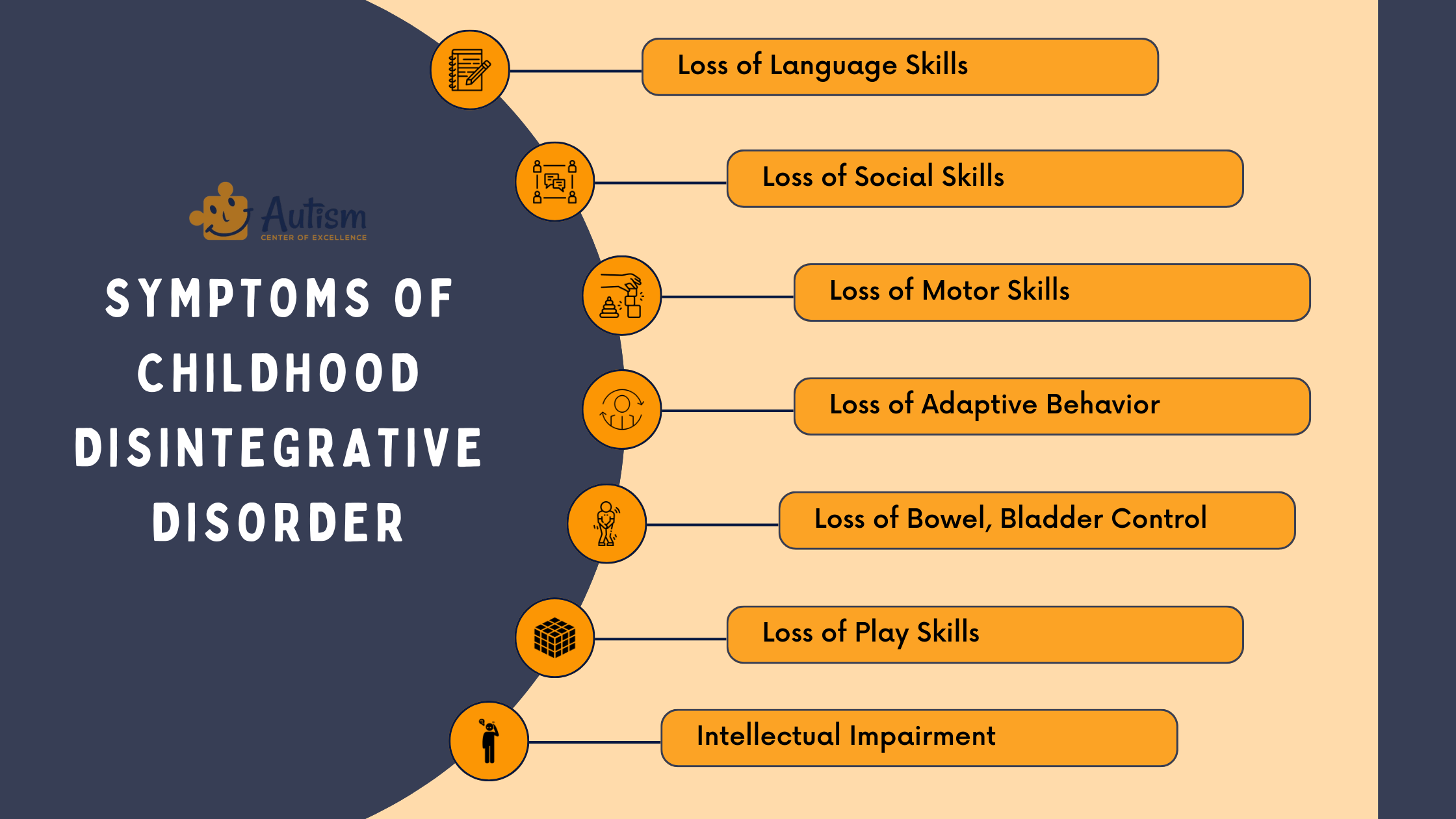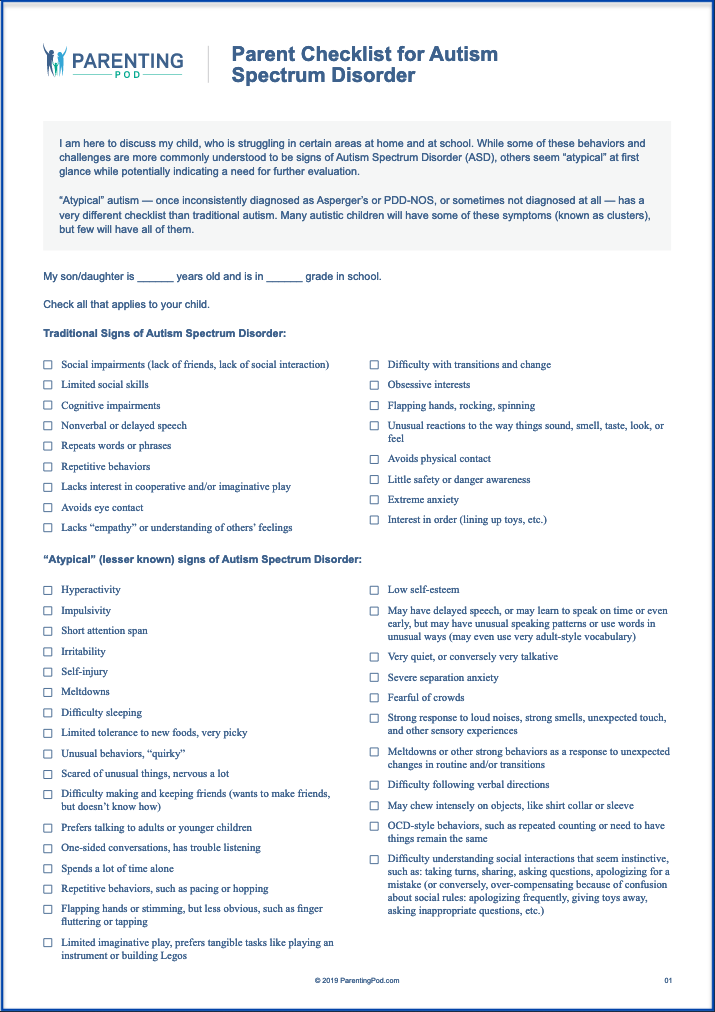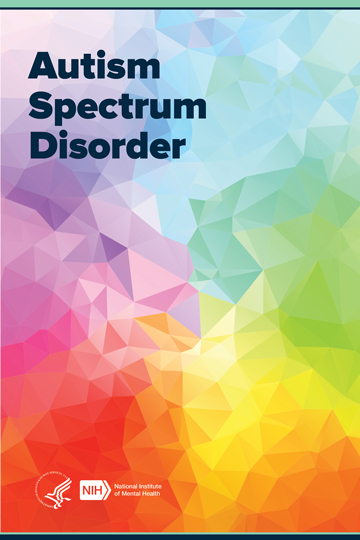Tips for creating sensory-friendly spaces with advice from an Autism Therapist's perspective
Tips for creating sensory-friendly spaces with advice from an Autism Therapist's perspective
Blog Article
Secret Indicators and Symptoms to Acknowledge in Individuals With Behavior Autism
When you encounter someone with behavior autism, recognizing essential indicators and symptoms is crucial. Additionally, sensory sensitivities can lead to frustrating experiences.
Obstacles in Social Communications
When you connect with someone on the autism range, you could see they have a hard time with social cues and communication. These challenges can make social interactions feel overwhelming for them.
Furthermore, you might discover that they like regimens and familiar setups, which can restrict their willingness to take part in brand-new social scenarios. They may chat concerning their interests in great information without observing if you're interested when they do involve. This can bring about one-sided discussions that leave you feeling separated. Understanding these difficulties can aid you come close to communications with empathy and patience, fostering a more comfortable environment for both of you.
Trouble With Verbal and Non-Verbal Communication

Non-verbal communication can be much more challenging. You may see a lack of eye contact or minimal use of gestures, which can make interactions feel uncomfortable. Faces may not constantly align with the discussion, bring about confusion concerning their sensations. Identifying these signs is vital, as it assists you far better support and engage with individuals on the autism range. By recognizing their interaction difficulties, you can cultivate much more meaningful links and supply a much more helpful setting.
Recurring Behaviors and Routines
Interaction obstacles usually go along with other signs of autism, such as repeated behaviors and a strong preference for routines. You could observe that people with autism usually participate in details, repeated activities, like hand-flapping, shaking, or duplicating expressions. These actions can supply convenience and a sense of control in an often frustrating world.
Routines are just as essential; several people flourish when they follow a structured routine. You might find that modifications to these routines can bring about significant distress. For instance, if they have a day-to-day ritual of eating breakfast at a specific time or adhering to a certain course to school, any kind of disturbance can cause anxiety.
Recognizing these patterns assists you recognize their habits and provide support. By suiting their need for routine and permitting recurring actions, you can produce a more comfy environment that relieves their obstacles.
Sensory Sensitivities

Typical Sensory Triggers
Sensory sensitivities can considerably affect daily life for individuals with autism, as certain stimulations typically cause frustrating reactions. Usual sensory triggers include loud noises, bright lights, and solid scents. Comprehending these triggers can aid you handle your setting much better.
Behavior Reactions Explained
Recognizing your behavior feedbacks to sensory sensitivities is vital, as they typically disclose just how you interact with the globe. You could observe that specific noises, lights, or textures overwhelm you, causing anxiety or pain. When confronted with these stimulations, you might withdraw, cover your ears, or also react boldy. These reactions aren't simply quirks; they're your way of dealing with overstimulation. You may additionally discover on your own seeking specific sensory experiences, like deep pressure or peaceful environments, to help ground on your own. Recognizing these patterns helps you comprehend your needs far better and can assist exactly how you connect them to others. By recognizing your sensory level of sensitivities, you can function in the direction of producing a setting that feels a lot more manageable and comfy for you.
Coping Methods Introduction
Acknowledging your sensory sensitivities is just the first action; currently it's time to check out coping strategies that can assist you take care of those experiences successfully. Begin by producing a sensory toolkit tailored to your needs. This could include noise-canceling earphones, fidget playthings, or relaxing scents. Developing a structured regimen can additionally give predictability, minimizing stress and anxiety around sensory overload. When you really feel overloaded, take breaks in a quiet room to collect yourself. Exercising mindfulness methods like deep breathing can assist ground you in the minute. In addition, communicate your demands with those around you; having supportive loved ones can make a big difference. Remember, discovering what works finest for you might take time, so be patient and open to trying brand-new approaches.
Restricted Interests and Emphasis
While many people create a large range of rate of interests, those with autism frequently demonstrate limited passions and an extreme concentrate on specific subjects. You could observe that somebody with autism can invest hours delving into their preferred subject, whether it's a specific kind of train, a certain flick, or a scientific principle. This extreme emphasis isn't just a hobby; it can become a main part of their identity and social interactions.
You might locate that conversations rotate around these rate of interests, and they might struggle to take part in broader topics. For them, these concentrated rate of interests give convenience and a feeling of proficiency. While it is necessary to urge exploration of brand-new topics, respecting their interests is similarly crucial. By comprehending and recognizing these restricted rate of interests, you can cultivate a supportive environment where they really feel valued and understood, permitting for more meaningful links and communications.
Psychological Policy Troubles
Individuals with autism frequently face obstacles in emotional guideline, which can be affected by their intense concentrate on details interests. You might discover that when a person is deeply engaged in a preferred activity, they can experience solid feelings, whether excitement or irritation. When things don't go as prepared., this strength in some cases makes it tough for them to shift equipments or manage their sensations - Autism Therapist.

Variability in Developmental Turning Points
When it involves developmental turning points, you'll notice that people with autism frequently show a large range of variability. Some may strike landmarks promptly, while others may drag or progress at a various pace. You may see a child succeed in language abilities but struggle with social communications. This variance can be complex, as traditional benchmarks don't constantly apply.
It's vital to identify that each individual's journey is special. Some may develop complex abilities early, just to encounter challenges later. Others might take longer to achieve basic landmarks however then grow in particular areas. Observing these patterns can aid you recognize their strengths and requires much better.
Regularly Asked Inquiries
Exactly How Is Autism Identified in Kid and Adults?
To detect autism in grownups and youngsters, experts evaluate actions, communication skills, and social communications. They frequently make use of standard tests, meetings, and observations to identify if a private satisfies the requirements for autism range problem.
Are There Various Kinds of Autism Spectrum Disorders?
Yes, there are different kinds of autism range problems, including Asperger's disorder and pervasive developing disorder-not otherwise defined. Each type varies in intensity and features, so recognizing these distinctions can aid you better support people with autism.
What Therapies Work for People With Autism?
When thinking about reliable therapies for individuals with autism, you'll discover alternatives like Applied Habits Evaluation, speech therapy, and job-related therapy. Each technique can help enhance communication, social abilities, and everyday working tailored to individual requirements.
Can Individuals With Autism Lead Independent Lives?
Yes, individuals with autism can lead independent lives. With the appropriate assistance, skills training, and resources, you can aid them create self-sufficiency, handle everyday jobs, and prosper in various settings, cultivating their self-reliance.
Just How Can Family Members Assistance Enjoyed Ones With Autism?
You can support your liked ones with autism by creating an organized environment, encouraging their interests, practicing perseverance, promoting communication, and promoting social skills. Commemorate their accomplishments, regardless of exactly how little, and develop a supportive community.
Although numerous people on the autism range can comprehend and use language, they usually deal with significant obstacles with both non-verbal and spoken interaction. Acknowledging these indicators is crucial, as it aids you much better assistance and engage with people on the autism spectrum. You may observe that people with autism typically engage in certain, repetitive activities, like hand-flapping, shaking, or repeating expressions.Sensory sensitivities can significantly affect day-to-day life for individuals with autism, as specific stimuli often set off overwhelming reactions.When it comes to developmental turning points, you'll observe that people with autism typically reveal a broad a fantastic read array of variability.
Report this page